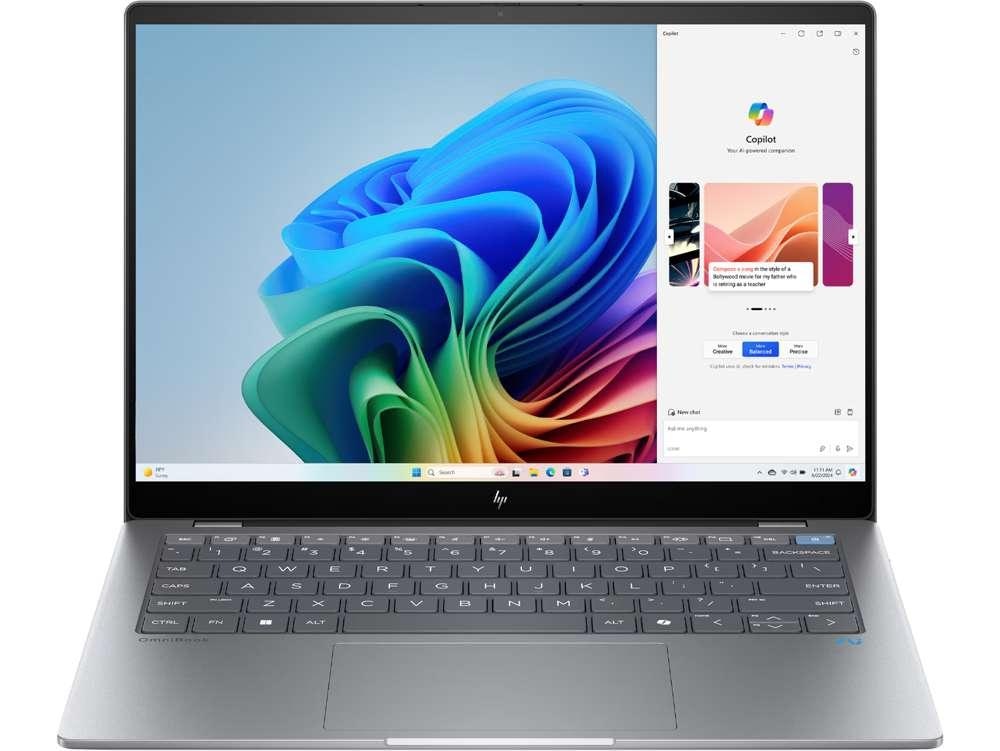Tedium - The AI Laptops’ Secret Feature 💻
|
|
|
|
|
|
Older messages
Defeating Mouse Lint 🖱️
Sunday, May 19, 2024
How optical mice scrolled past rubber balls. Here's a version for your browser. Hunting for the end of the long tail • May 19, 2024 Hey all, sorry this is running a little late. Last week's odd
Does One Line Fix Google? 🔎
Friday, May 17, 2024
Google's new barebones “Web” view is worth using. Here's a version for your browser. Hunting for the end of the long tail • May 17, 2024 Does One Line Fix Google? Forget AI. Google just created
Everything Becomes Growth Hacking 🚀
Friday, May 17, 2024
Growth hacking threatens everything you love about the internet. Here's a version for your browser. Hunting for the end of the long tail • May 16, 2024 Everything Becomes Growth Hacking If your
The CPU That Will Never Die 💾
Saturday, May 11, 2024
A tribute to the Z80, an iconic processor. Here's a version for your browser. Hunting for the end of the long tail • May 11, 2024 Hey all, Ernie here with a guest piece by a longtime friend of the
Press, Pause 🗜️
Friday, May 10, 2024
Apple doesn't understand why people like hydraulic presses. Here's a version for your browser. Hunting for the end of the long tail • May 09, 2024 Press, Pause Beyond misunderstanding its iPad
You Might Also Like
Re: My VPN recommendation
Thursday, January 9, 2025
Do you know when to use a VPN and what it does to protect your data? Any time you are connected to the internet, your information is at risk of being tracked or hacked. A VPN helps keep your surfing
Charted | Visualizing the World’s Busiest Migration Corridors 🌎
Thursday, January 9, 2025
This graphic ranks the world's busiest international migration corridors, based on data from the UN. View Online | Subscribe | Download Our App FEATURED STORY Visualizing the World's Busiest
Issue 347 - Tesla opens electronic parts catalog to the public
Thursday, January 9, 2025
View this email in your browser If you are just now finding out about Tesletter, you can subscribe here! If you already know Tesletter and want to support us, check out our Patreon page Issue 347 -
Programmer Weekly - Issue 237
Thursday, January 9, 2025
View this email in your browser Programmer Weekly Welcome to issue 237 of Programmer Weekly. Happy New Year! I hope you had a great holiday and took some time off to recharge. Quote of the Week "
GOAT, Memes, and the Millionaire AI Agent
Thursday, January 9, 2025
Top Tech Content sent at Noon! Boost Your Article on HackerNoon for $159.99! Read this email in your browser How are you, @newsletterest1? 🪐 What's happening in tech today, January 9, 2025? The
The Python skills gap no one talks about
Thursday, January 9, 2025
"I thought I was doing fine until they asked me to review someone else's code..." That's what Jake, a Python developer of 3 years, told me in November. He'd just spent an entire
Compare New Free/Paid Copilot Plans, ASP.NET Core Layouts, Dive into .NET MAUI, More
Thursday, January 9, 2025
Home | News | How To | Webcasts | Whitepapers | Advertise .NET Insight January 9, 2025 THIS ISSUE SPONSORED BY: ■ Yes, you finally test like a champion. ■ Visual Studio Live! Las Vegas: .NET Developer
Simplify Async Programming
Thursday, January 9, 2025
View in browser 🔖 Articles Coroutines: From Basics to Advanced Patterns Master Kotlin Coroutine Channels to improve communication between coroutines in Android development. Learn the basics, explore
Spyglass Dispatch: One Prediction Down...
Thursday, January 9, 2025
9 More to Go for 2025 • Netflix Wrestles the WWE Audience • EU Swipes Back at Meta • Howard Marks' Bubble Watch • TikTok Case Eve The Spyglass Dispatch is a newsletter sent on weekdays featuring
The 7 smart glasses we loved at CES
Thursday, January 9, 2025
AI tops LinkedIn jobs report; Best laptops of CES; Revive an old MacBook with Linux -- ZDNET ZDNET Tech Today - US January 9, 2025 Prakhar Khanna wearing Inair Glasses CES 2025: The 7 most advanced




